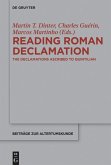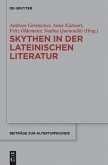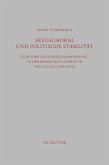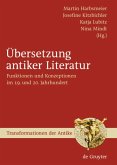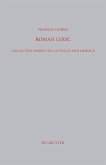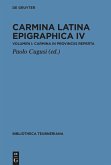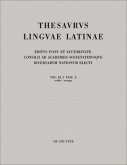Horace wrote Sermones book 1 after the death of Julius Caesar when the Republic came to an end, and the transition to the Principate commenced. The book of Sermones.1 is part of Horace's early work and constitutes his credentials for Maecenas, whose circle he joined in 38 B.C. From that time Horace lived in the highly political ambience of the Roman social elite near the centre of power. The focus of the ten poems is on the personal issue of his trustworthiness after his misjudgement in joining Brutus. The volume shows how Horace prepared himself for his future role as a political commentator on contemporary political issues. Weeda's analysis of the poems from a socio-political angle brings a new perspective on Horace's studies that differs considerably from the earlier literary analyses. Executed in a very consistent manner, this monograph shows through an in-depth interpretation of allusions the probability that Horace wrote each sermo as self-presentation.
"[...] I am convinced that Weeda's view about the crucial importance of the references to contemporary political and social events is very useful for an understanding of Horace's work and his engagement with Maecenas and his circle-and with literature in general. It invites the readers to extend their first, literary reading and to consider the cultural horizon the contemporary audience would have had as a further key to the understanding of Augustan poetry and beyond."
Vicente Flores Militello in: BMCR 2020.01.44
Vicente Flores Militello in: BMCR 2020.01.44


